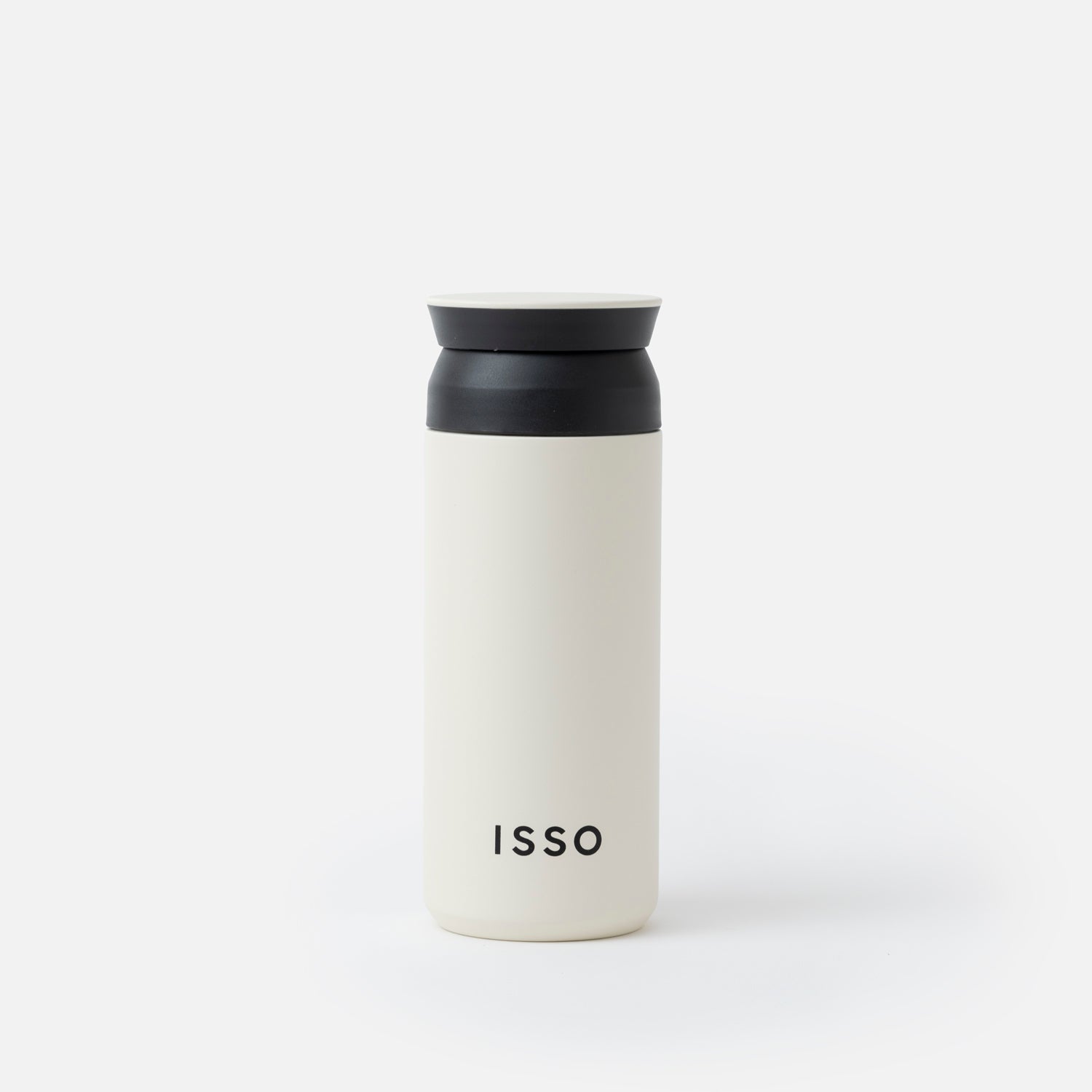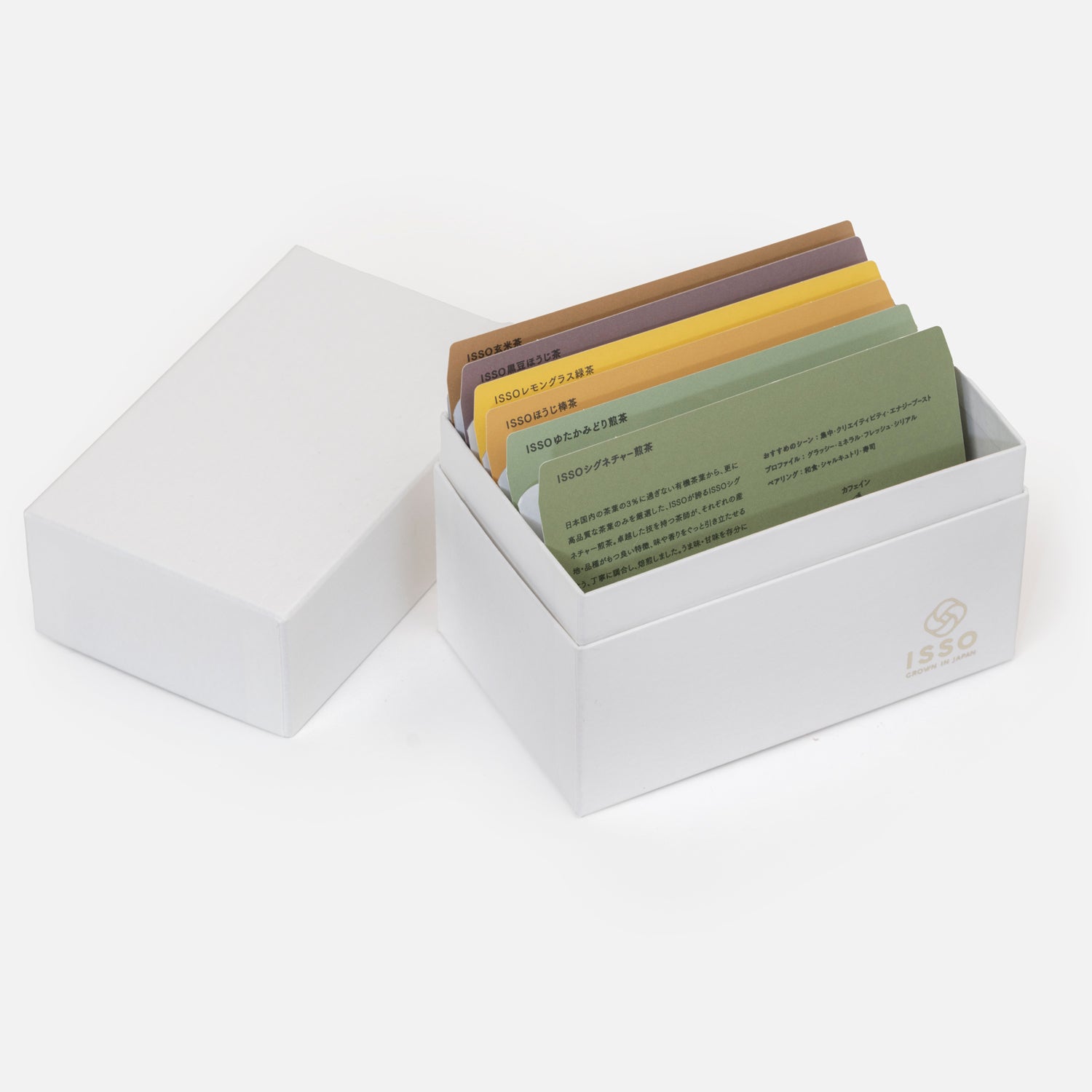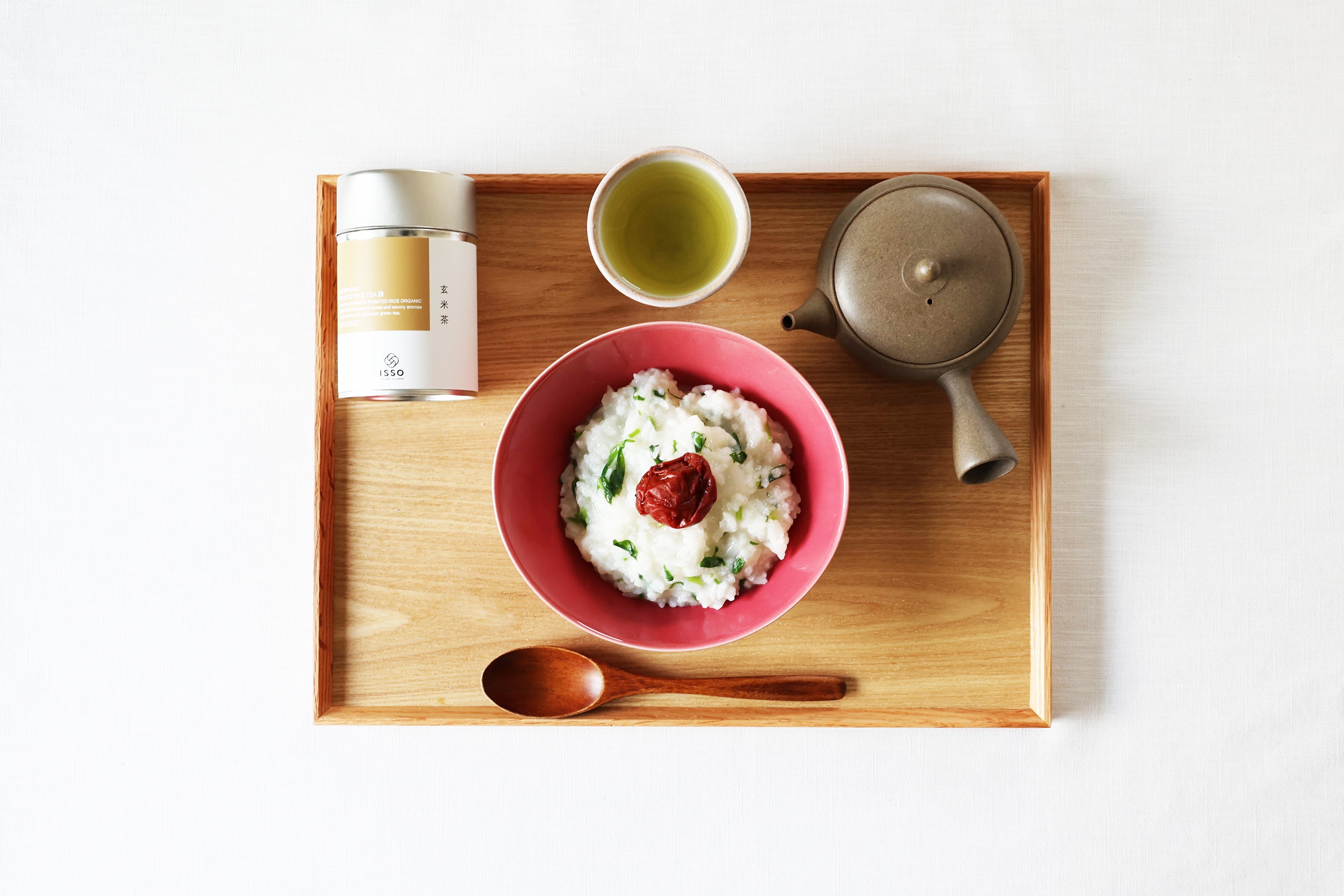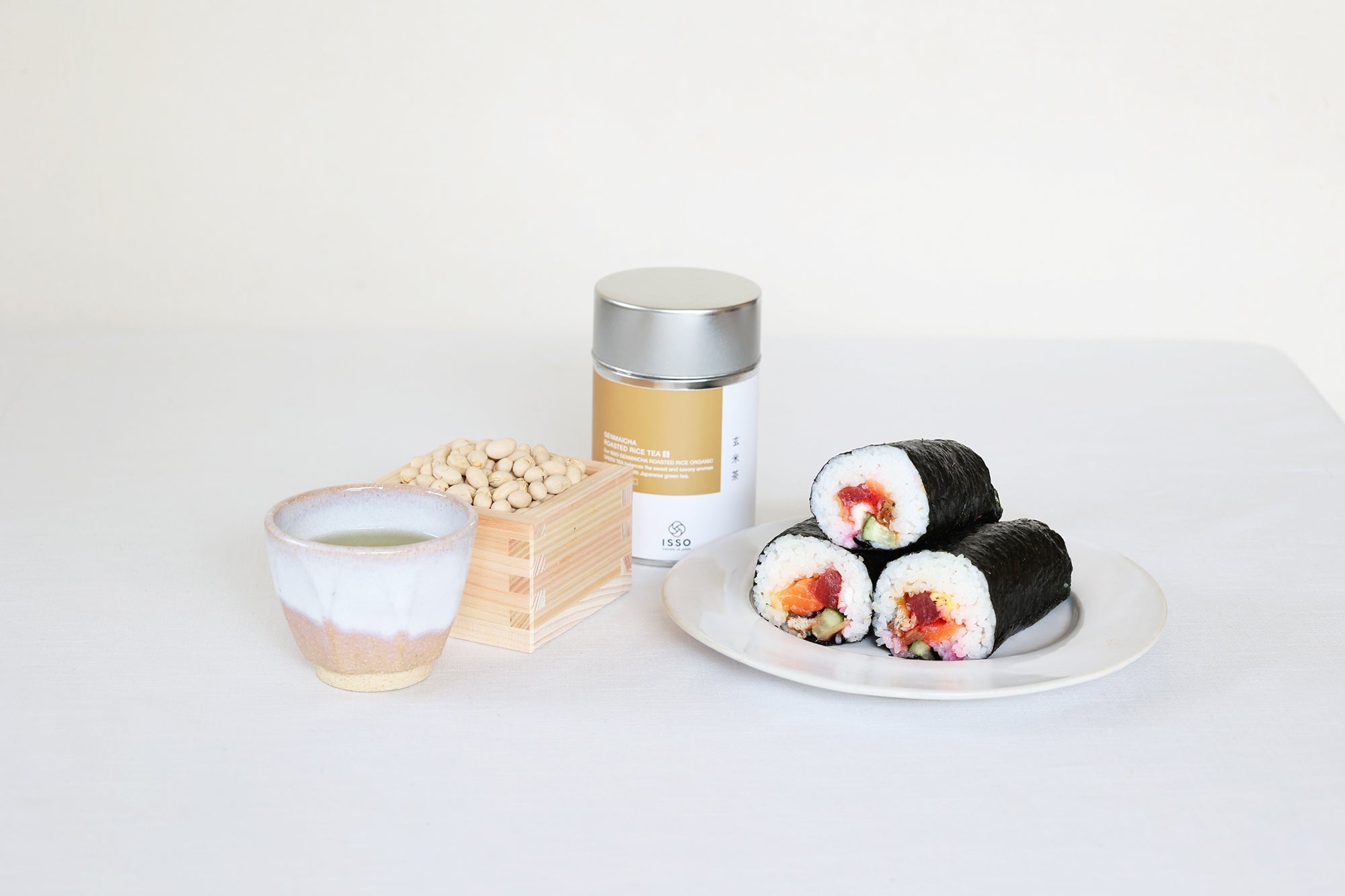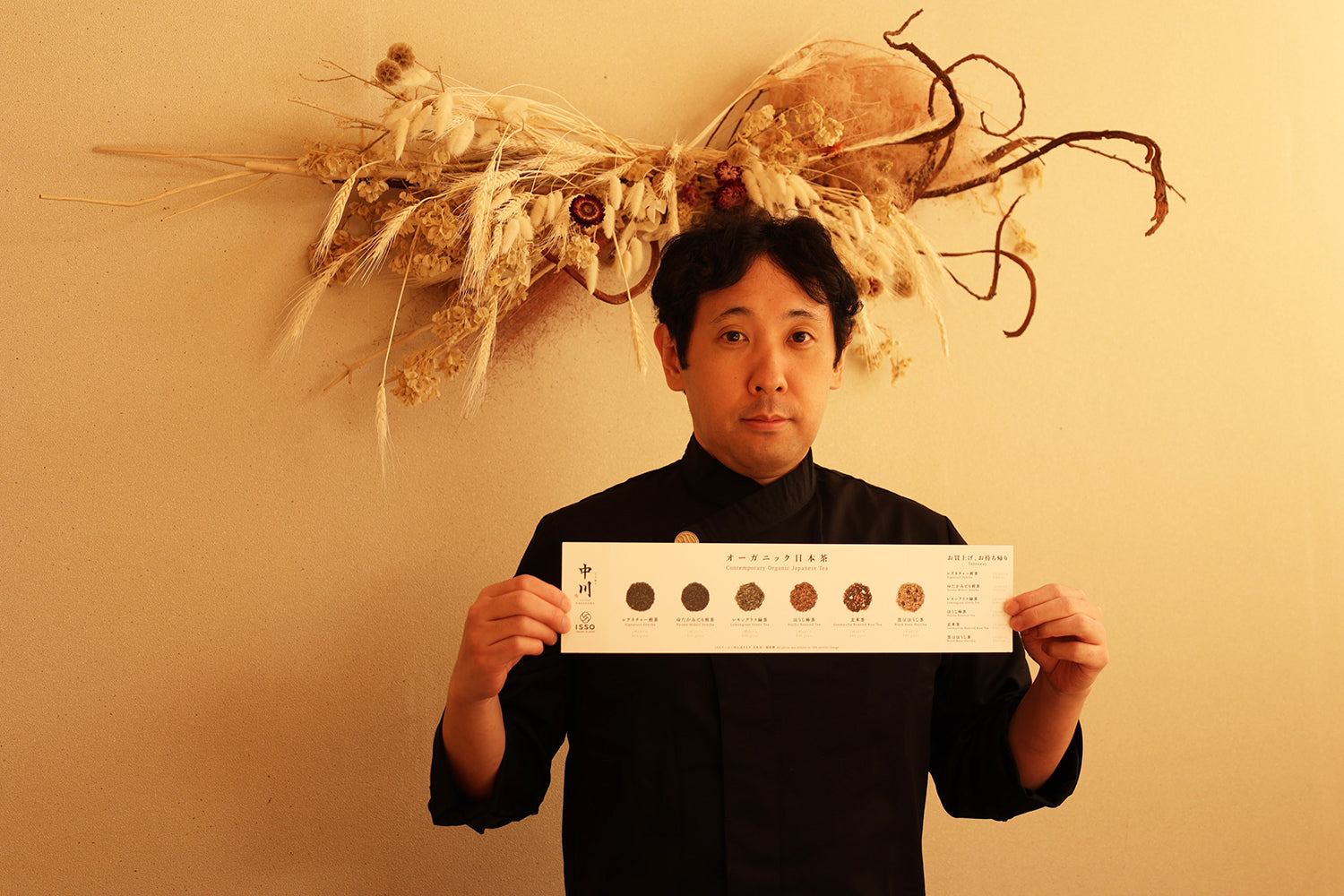
Sukiyaki Nakagawa x ISSO TEA
Sukiyaki Nakagawa, a restaurant specializing in Kansai-style sukiyaki, opened its doors in April 2024 in the dining complex "CUBUS" in Causeway Bay, Hong Kong. The restaurant quickly gained attention from local media and food enthusiasts, becoming one of the most talked-about dining spots in the city, beloved by repeat customers.
This time, we had the pleasure of visiting Sukiyaki Nakagawa to interview Executive Chef Kazuyuki Itagaki (hereafter referred to as Itagaki), who leads the culinary experience at this remarkable establishment.
 ISSO: Could you tell us the story behind the name "Sukiyaki Nakagawa"?
ISSO: Could you tell us the story behind the name "Sukiyaki Nakagawa"?
Itagaki: The name "Nakagawa" is inspired by Kahee Nakagawa, who was the first to sell beef and open a gyunabe (beef hotpot) restaurant in Edo during the late Edo to early Meiji period.
ISSO: Your restaurant seems to be bustling with customers.
Itagaki: Thankfully, we've been fortunate to have many guests, including food enthusiasts, media groups, and notable figures. Through word of mouth, websites, and social media, people have shared comments like "Nakagawa serves delicious food" and "There’s a chef named Itagaki." Many who visit enjoy their experience and become repeat customers.

ISSO: It seems that many customers enjoy conversing with you as well.
Itagaki: I make an effort to interact with each guest individually. Even after their meals, I maintain connections with them. Some guests reach out to me through social media, and we exchange messages. I've even received messages like, "My wife and I were just talking about how delicious your food was."

ISSO: What kind of occasions bring customers to your restaurant most often?
Itagaki: Many of our guests are looking for a special place to bring their loved ones, and they often visit us for such meaningful occasions. Sometimes, the restaurant is filled with birthday songs, as many people choose to celebrate birthdays here.
We also have guests who visit us, enjoy their experience, and then return the next day with their friends or acquaintances.

ISSO: It feels like each ingredient has its own story.
Itagaki: We often hear that from our customers as well. We want to serve the best quality. Just like with ISSO TEA, we’re committed to offering truly delicious and healthy items—things we believe in and can proudly stand behind.
For example, whether it’s our carefully sourced eggs, the "hishio" sauce for the sashimi, or the foie gras composition, I want our guests to have a unique experience. I hope they can reminisce about it and enjoy the time spent discussing these special moments.
ISSO: Where do the ideas for your various menu items come from?
Itagaki: It’s a culmination of everything I've learned and experienced. Sometimes, after work, I suddenly come up with new ideas on the spot.

ISSO: Is there a difference between serving sukiyaki in Hong Kong compared to Japan? Do you take into account the local preferences while presenting dishes that you can confidently offer?
Itagaki: About 95% of our customers are from Hong Kong. While the country may be different, the foundation of what we serve remains the same. However, I am mindful of local ingredients and the opinions of Hong Kong chefs. For example, the foie gras on French toast is inspired by the sweet egg tarts, a dish deeply rooted in the local cuisine.
ISSO: As a chef, what do you value most?
Itagaki: I always serve dishes with the mindset of offering what I would want to eat myself or what I would present to important guests. I put my heart into every dish and serve it with pride.
Also, I believe it’s important to personally see guests off until they are out of sight. Even when it’s busy and some customers insist that I don’t need to, I still tell them that my job isn’t finished until I’ve seen them off.

ISSO: What kind of food lifestyle do busy Hong Kong residents have?
Itagaki: There are many trendy coffee stands popping up, and holding a paper cup has become a status symbol, something that lifts people’s spirits. There are also shops offering delicious fruit-infused teas, with lemon tea being especially popular. There are many different flavors, and younger people tend to enjoy them.
ISSO: What does tea mean to you, Itagaki-san?
Itagaki: Good tea, something genuine, something that you can’t find anywhere else—those things are important to me. The occasion of drinking it also matters. I’d like to propose more courses that pair with tea and dishes that incorporate tea as an ingredient.

ISSO: How have the customers reacted to ISSO TEA?
Itagaki: Our customers describe ISSO TEA as "delicious," "wonderful," and "a flavor they've never experienced before." They praise its rich aroma and long-lasting finish. The color is also beautiful, so they often want to take pictures.
When we serve good tea, the entire dining experience improves. The power of the drink works like magic on our guests. The next course seems even more delicious. We rely on that power. Through the tea, our guests open their hearts, listen to the explanations about the ingredients, and we are helped by the influence of tea.
In Hong Kong, there is also a culture of offering heartfelt, thoughtful hospitality by pairing tea with meals.
ISSO: We truly appreciate that you serve the tea with such care, creating a one-of-a-kind experience. We’re also very happy that the local people have embraced it.
Finally, we'd love to hear about your dreams, Itagaki-san.

Itagaki: I've always wanted to become someone of significance, to run towards something that would contribute to society. I am continuing the wishes of my father and mother. I couldn't take over the family business (Itagaki-san's family is involved in livestock farming), but I want people in Hong Kong to taste the delicious beef we produce.
My parents have been incredibly supportive, and I've been influenced by them. I hope that if the name "Itagaki" becomes known in both Hong Kong and Japan, it will be a way to honor my parents.
I'm nearly 50 now, and I want to take one more big challenge. I want to do everything I can. I'm grateful for the support I have received.
And someday, I hope I can take a relaxing trip with my wife.
ISSO: We thoroughly enjoyed the delicate and profound dishes that reflect your personality, Itagaki-san. Thank you so much. We're looking forward to more in the future.
Profile of Chef Kazuyuki Itagaki, Executive Chef of Sukiyaki Nakagawa, Hong Kong
Born in 1978 in Akita. Trained at the Hotel Okura Tokyo and Amsterdam, specializing in Japanese cuisine at "Yamazato." After returning to Japan, he worked at "Rooan Tachibana Kikka-Ro" in Azabu-Juban to deepen his knowledge of Japanese cuisine. Influenced by his family's livestock business, he later worked at a teppanyaki restaurant and Akita's local cuisine restaurants before studying lava stone grilling and French cuisine in Ginza. In 2024, he opened Sukiyaki Nakagawa in Causeway Bay, Hong Kong. He values sharing the stories of the producers and the wonderful ingredients with his customers, and approaches his cooking with great care.

Sukiyaki Nakagawa, Hong Kong
We carefully select the finest ingredients from Japan to serve you Kansai-style sukiyaki. Using premium beef fat, white zarame sugar, and special soy sauce, we coat the best beef to bring out the full flavor of the ingredients. After years of dedication, we hope you can feel the story behind each ingredient we present.
Address:
Shop B, 3/F, Cubus, 1 Hoi Ping Road, Causeway Bay, Hong Kong
TEL: +852 5394 3688
Executive Chef: Kazuyuki Itagaki
Website: https://www.instagram.com/sukiyaki.nakagawa
Related Articles on Sukiyaki Nakagawa:
ISSO TEA LAUNCHES AT "SUKIYAKI NAKAGAWA" IN HONG KONG ON AUGUST 1


